Sustainable Agriculture in Japan
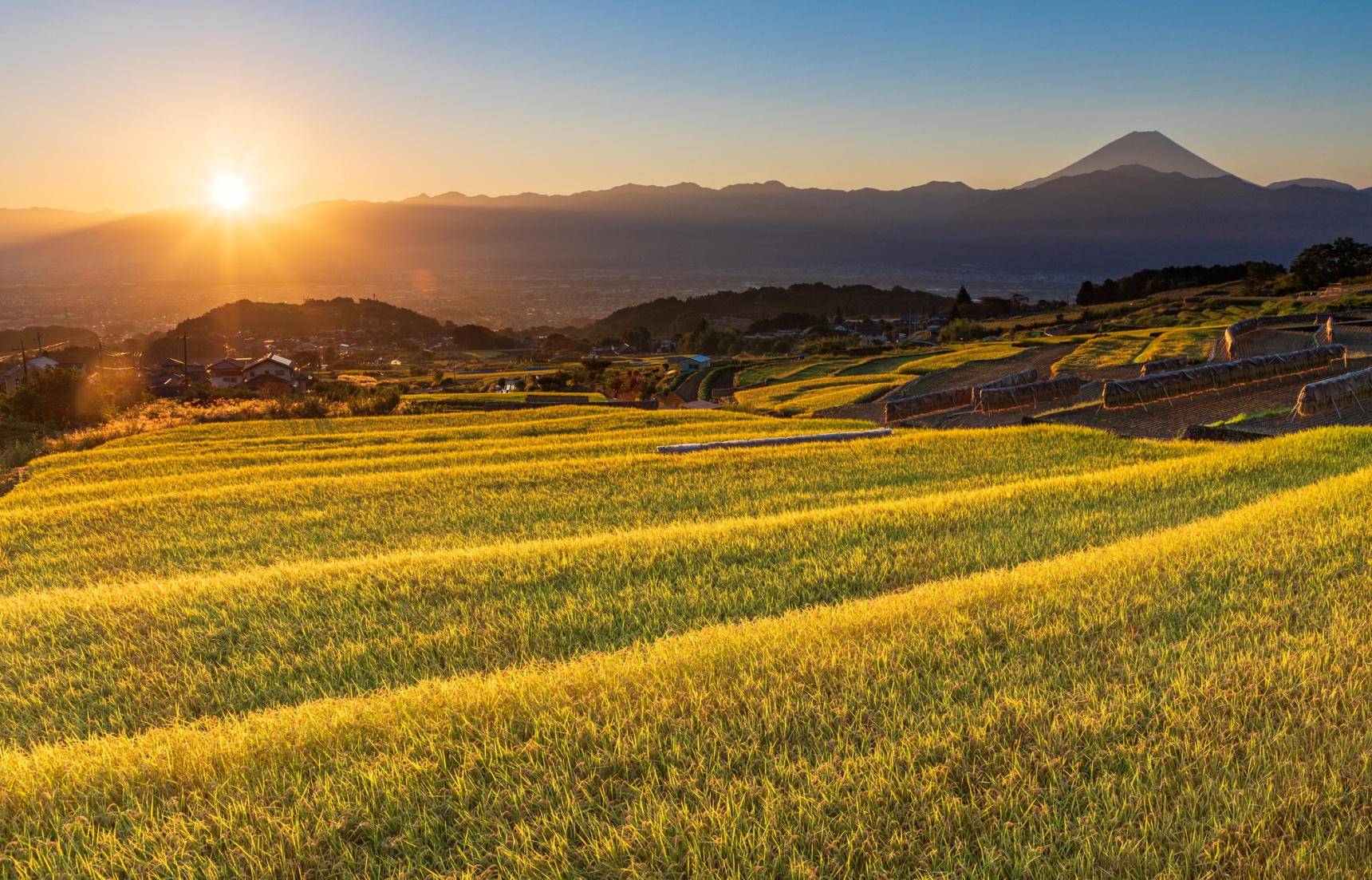
The initiatives, highlighted during Week for Sustainability and Sustainability Award-winning videos, convey how sustainability is an integral part of the Japanese agriculture, forestry, and fisheries sectors.
By AAJ Editorial TeamIn response to the UN's 2030 Agenda for Sustainable Development, Japan’s Ministry of Agriculture, Forestry and Fisheries, the Consumer Affairs Agency and the Ministry of the Environment have launched “the SCAFFF AFFF-no-wa project.” As of December 2022, 173 stakeholders have joined the project.
The events organized by the project highlighted a range of initiatives by stakeholders in sustainable agriculture, forestry, fisheries and food sectors on the themes of harmony with the environment, decarbonization, biodiversity conservation, care for water and soil quality, reducing food loss and waste, and partnership.
The information of activities and award-winning videos are available both in Japanese and English.
Why Japanese Agriculture is Sustainable
Japan has four seasons: spring with blooming flowers, summer with the sparkling sunshine, autumn with colored leaves, and winter with snowfall. Japan has practiced sustainable agriculture for a long time by living in harmony with these seasons.
Regional collective action is another characteristic of Japanese agriculture. In Japan, not only farmers, but diverse stakeholders have cooperated and monitored each other in order to conserve agricultural production, farmland, farm roads, and freshwater, which are the common assets of the community. These partnerships have led to the maintenance of the beautiful rural landscapes and the richness of nature.
Case 1: Organic products and initiatives of Kagoshima Organic Farmer’s Association - the Sustainability Award 2021
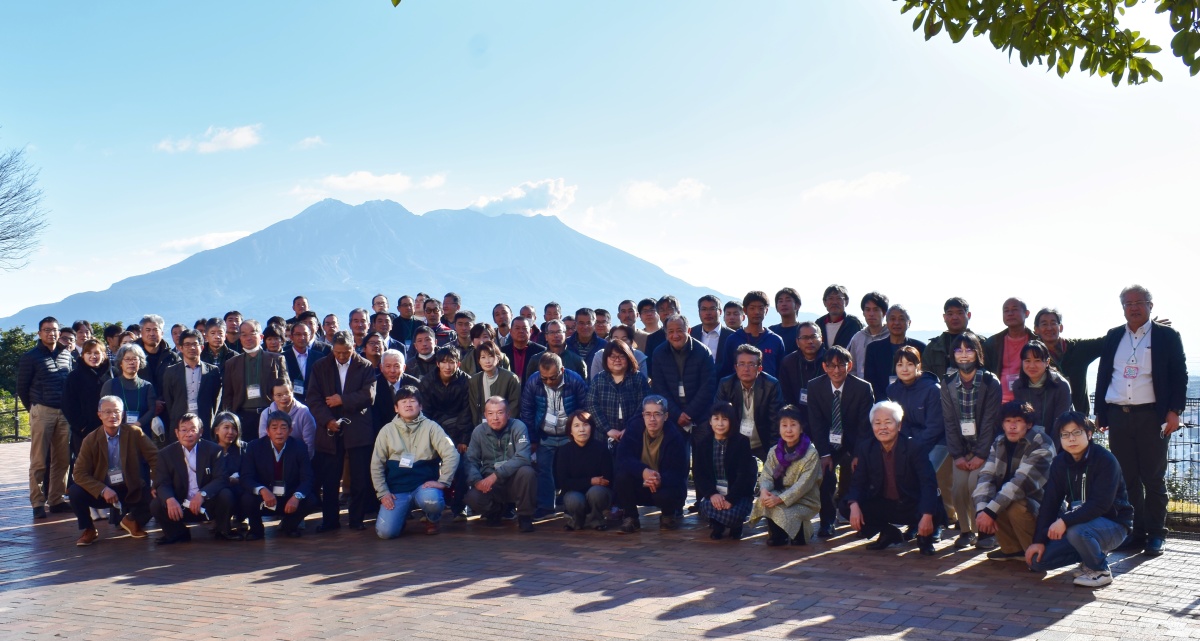
Established in 1984, Kagoshima Organic Farmer’s Association, Ltd. is one of the largest organizations of organic farmers in Japan, comprising more than 160 organic farmers who have come together to promote organic farming with their way of life and by living in harmony with the natural ecosystem. All the producers grow vegetables in a way that fits the local climate without the use of pesticides or chemical fertilizers.
Based on the idea that humans, like vegetables, can grow healthy through natural methods, the company operates four organic vegetable stores named Chikyubatake in Kagoshima Prefecture.
In addition to organic vegetables, Chikyubatake also sells food products that do not contain additives, and other good quality products made from carefully selected natural ingredients. They also consider it their mission to convey the producer’s aspirations and good products to consumers, and based on information from producers, focus on sharing information using SNS to extend the network.
Case 2: A natural ecosystem with the crested ibis - the Sustainability Award 2021
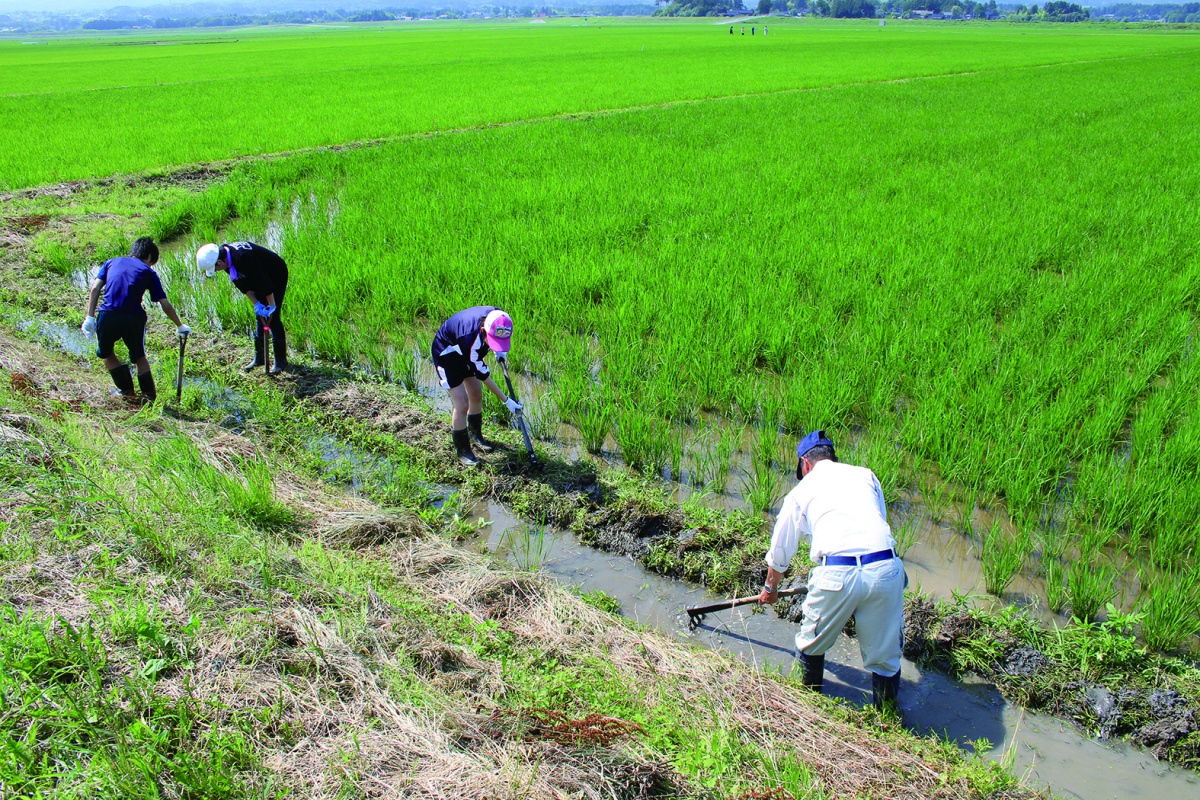
The crested ibis, a nationally protected species in Japan, was once on the verge of extinction. A new breeding program initiated in 1981 on Sado Island, Niigata Prefecture, led to its reappearance in the wild in 2008. In order to enable the crested ibis to feed and breed in nature, the local community reduced the use of synthetic chemical pesticides and chemical fertilizers and fostered a rice paddy environment in harmony with nature, where fish, insects and many other creatures can be nurtured. They created their own certification system called Toki to Kurashi no SatoZukuri (Living together with the crested ibis).
In certified paddy fields, farmers cultivate rice with consideration for living creatures, conduct biannual surveys of living creatures, and communicate the results of these surveys to consumers. Many farmers are participating, and consumers sympathize with their activities and buying the rice, thus expanding the cycle of environmental consideration between rural and urban areas.
Case 3: Conservation of the Jewel of Toyama Bay, the White Shrimp -the Sustainability Award 2020
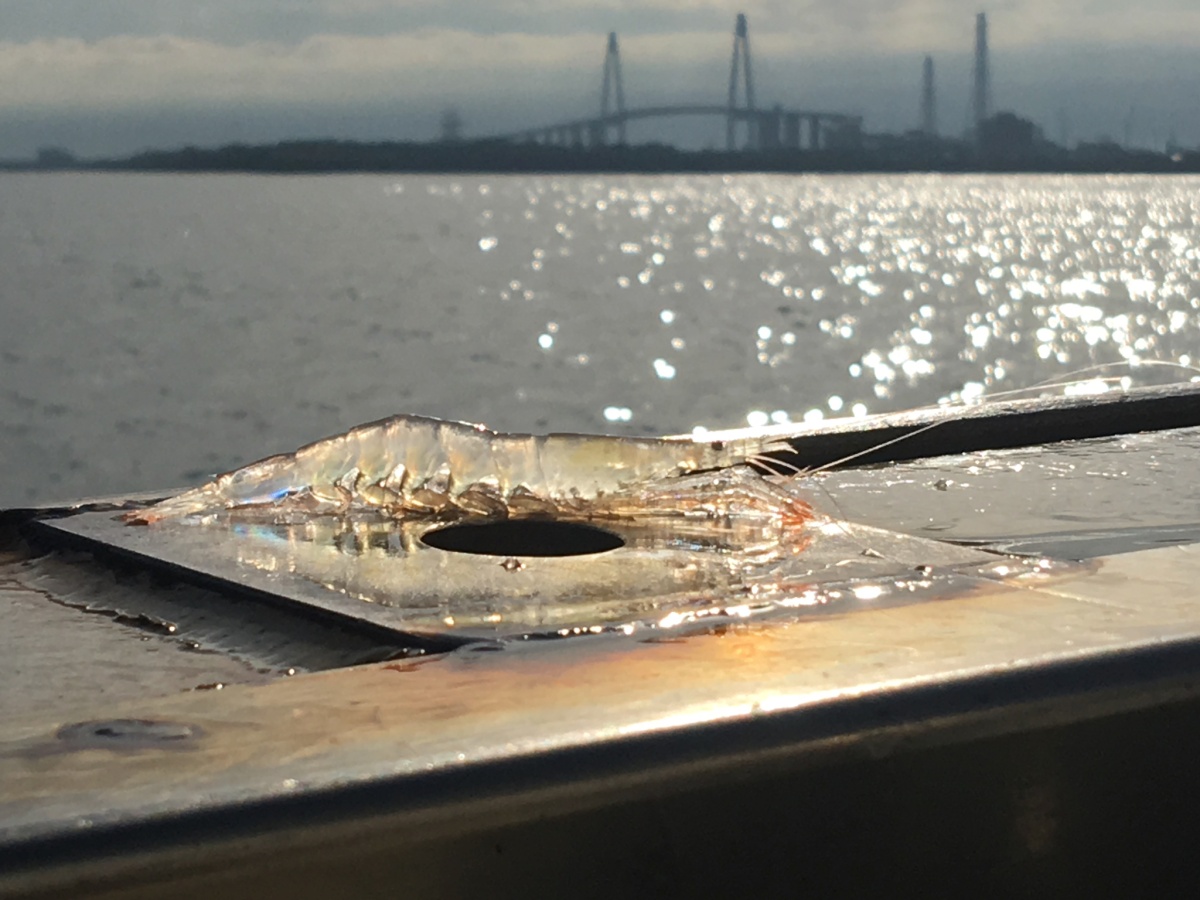
Shiroebi is a type of shrimp that is fished exclusively in a small area around Toyama Bay in Hokuriku. Freshly caught white shrimp are translucent pale pink and sparkle in the sunlight, which is why the shrimp is known as “the jewel of Toyama Bay.” In order to conserve this precious resource, the Shinminato Fisheries Cooperative Association has a pooling system of the total catch so that fisherman share equally in the income from white shrimp catches. This prevents overly aggressive competitiveness.
In addition, the Toyama Bay Shiroebi Club was established by young fishermen belonging to the union with the concept of “Working with nature for a prosperous future.” Not only the fishermen, but also the fishermen’s cooperative, brokers, government, local companies, restaurants, and general supporters hold activities to spread the name of Shiroebi and promote the local community.
Case 4: Dried shiitake mushroom cultivation makes the most of the local climate and human resources -the Sustainability Award 2020
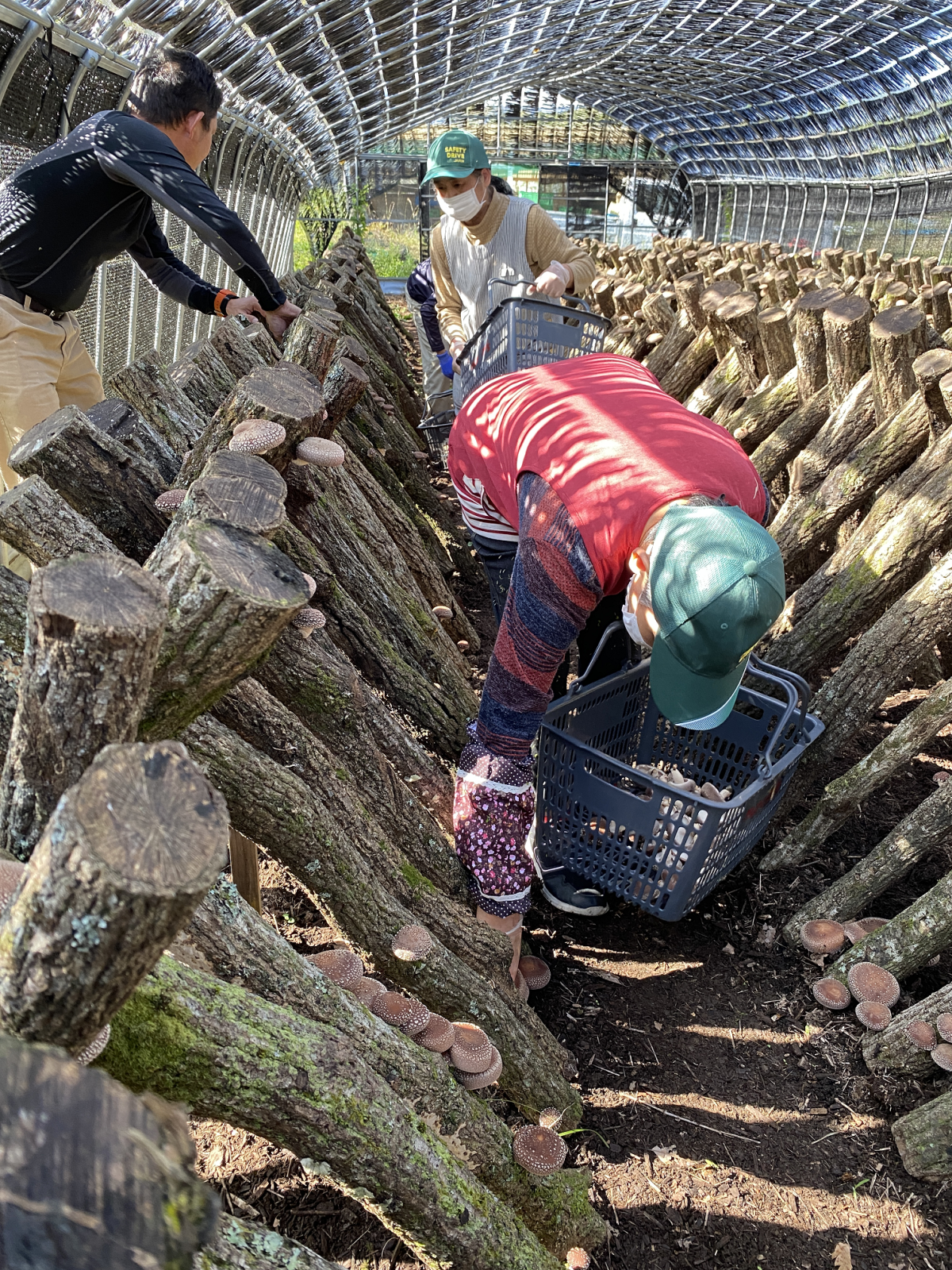
Sugimoto Shoten in Takachiho-cho, Miyazaki Prefecture, specializes in dried shiitake mushrooms grown on sawtooth oak logs that grow in 15-year cycles in the natural environment of Takachiho Township. By continuing to buy shiitake mushrooms made from sawtooth oak trees from the farmers who produce them, the company is supporting a cyclical and sustainable farming method. Additionally, Sugimoto Shoten takes on the logging work, which is difficult for aging farmers. In the spring, when harvest time coincides with the busy inoculation season, Sugimoto Shoten also outsources the inoculation work to a nearby welfare facility. Welfare facilities are also contracted to process the dried shiitake mushrooms into powder. In this way, they reduce the burden on producers and create new employment opportunities in the community. By exporting products made in partnership with the local community and earning foreign currency, they are creating a new economic cycle. Sugimoto Shoten is taking on the challenge of creating a sustainable society together with the local community.
Case 5: Labelling environmental considerations that contribute to consumer choice
Sunplaza, a company that operates supermarkets mainly in the Kansai region, sells a variety of environmentally friendly foods while providing information to consumers. One of such items are the tomatoes from Kawabata Farm grown with minimal chemical pesticides and fertilizers and without the use of fossil fuel-based heating even in cold winters. From September, they were sold with a greenhouse gas reduction calculated label from the Ministry of Agriculture, Forestry and Fisheries of Japan, as well as effectively communicating the farmer’s efforts to consumers. Kawabata’s tomatoes are also given Osaka Eco-Farm Products Certification, as they are grown with less than half the amount of usual chemical fertilizers and chemical pesticides.
There are other eco-quality items sold by Sunplaza, some apples with leaves traces are also available, without the "leaf picking" process that is commonly done to make the entire surface of the fruit a consistent red color.
This shows that the apples have been grown naturally and with a focus on taste and sustainability rather than appearance. The shadow of the leaves on the surface of the apples caused by the leaves’ shadow is a sign of the apples’ true flavor. Understanding farmers' efforts to care for the environment helps in enhancing the sustainability of food systems. Promoting sustainable consumption could be one of the collective actions of the future.
Case 6: Creating delicious products to conserve the marine environment. - the Sustainability Award 2021
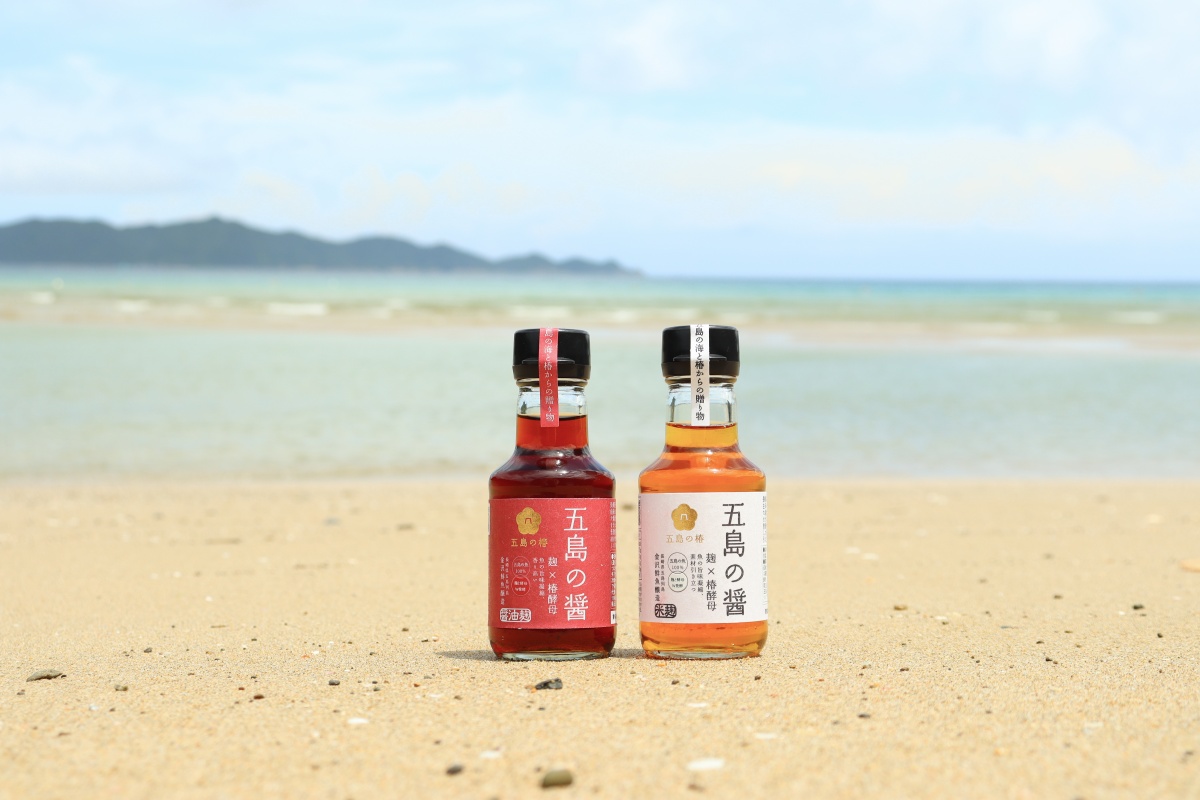
In Goto City, Nagasaki Prefecture, local fresh fish stores and food manufacturers are working together to solve the problem of iso-yake, barren shores. In the waters around Gotō, herbivorous fish are devouring seaweed and causing sea desertification. As the seaweed serves as a cradle for small fish, the loss of seaweed leads to a reduction in the variety and number of fish species. However, these seaweed-eating fish species are not considered tasty and are not prized in the market, so they are usually discarded after being caught. Kanazawa Fresh Fish spent years in cooperation with food manufacturer Goto no Tsubaki to develop a tasty fish sauce called Goto no Hishio from fermented seaweed-eating-fish, turning them into an attractive product. With creativity and partnership, the future of Goto region will be rich in fish resources, with shore waters full of seaweed.
Conclusion: Japan’s Agriculture, Forestry, Fisheries and Food Industry Continues to Improve the Sustainability for Future Food Systems
Japan’s agriculture, forestry, fisheries, and food industries are deeply rooted in nature and local communities. The videos that received the Sustainability Award as part of the SCAFFF AFFF-no-wa project and Labelling environmental considerations reflect these nature-based industries, as well as actions taken by local residents to enhance sustainability. Sustainable Development Goals are not a distant ideal but a part of every single choice we make. So let us be aware of being harmony with nature and transform our own food systems into sustainable ones that will have a positive impact on the worlds’ environment.



